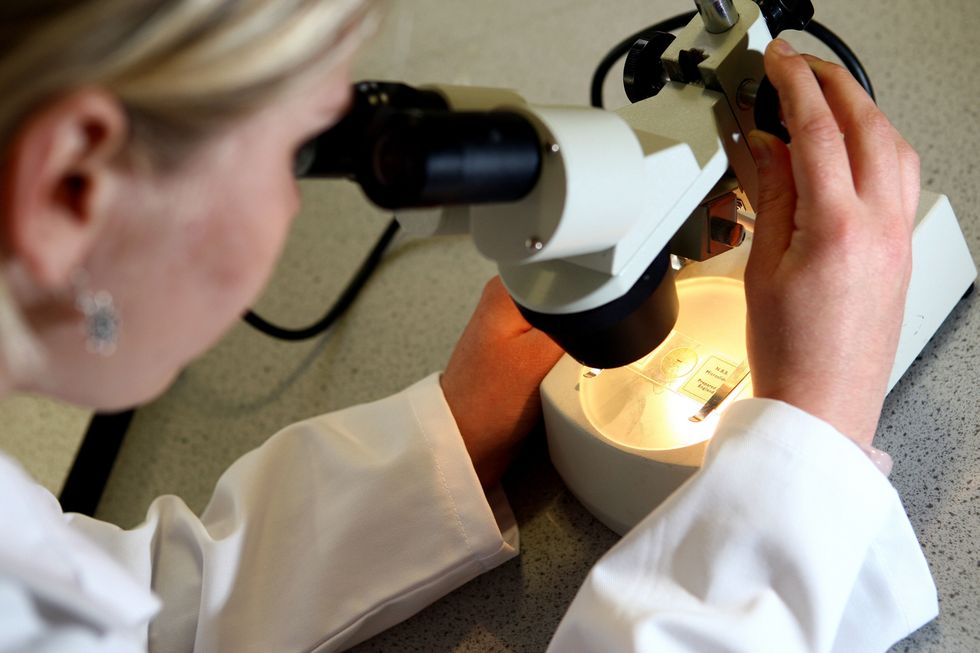Vitamin warning: Popular supplement could increase your risk of getting DEADLY cancer

A popular supplement could increase your risk of getting a deadly cancer, new research has found | WikiCommons
Fresh research found that the vitamin can cause the cancer to spread to the brain
Don't Miss
Latest
A popular supplement could increase your risk of getting a deadly cancer, new research has found.
Vitamin B helps the body release energy from food and also keeps the nervous system and skin healthy, the NHS says.
Research carried out by the University of Missouri in the US has found that a certain strand of vitamin B can increase your risk of triple negative breast cancer
David Davies
But a fresh study has cast doubt on the vitamin, saying it could be linked to an increased risk of serious disease.
Research carried out by the University of Missouri in the US has found that a certain strand of vitamin B can increase your risk of triple negative breast cancer.
They found that high levels of nicotinamide riboside, a form of vitamin B3, can also cause the cancer to spread to the brain.
Researchers using imaging to measure a person’s nicotinamide riboside levels after one of the scientists wanted to look into the dangers of vitamin B following the death of her dad.
Dr Elena Goun’s dad died just three months after being diagnosed with colon cancer.
"Not all cancers are the same in every person, especially from the standpoint of metabolic signatures," Dr Goun explained in the Biosensors and Bioelectronics journal.
"Often times cancers can even change their metabolism before or after chemotherapy."
She added: "Our results demonstrate that NR supplementation results in a significant increase in cancer prevalence.”











